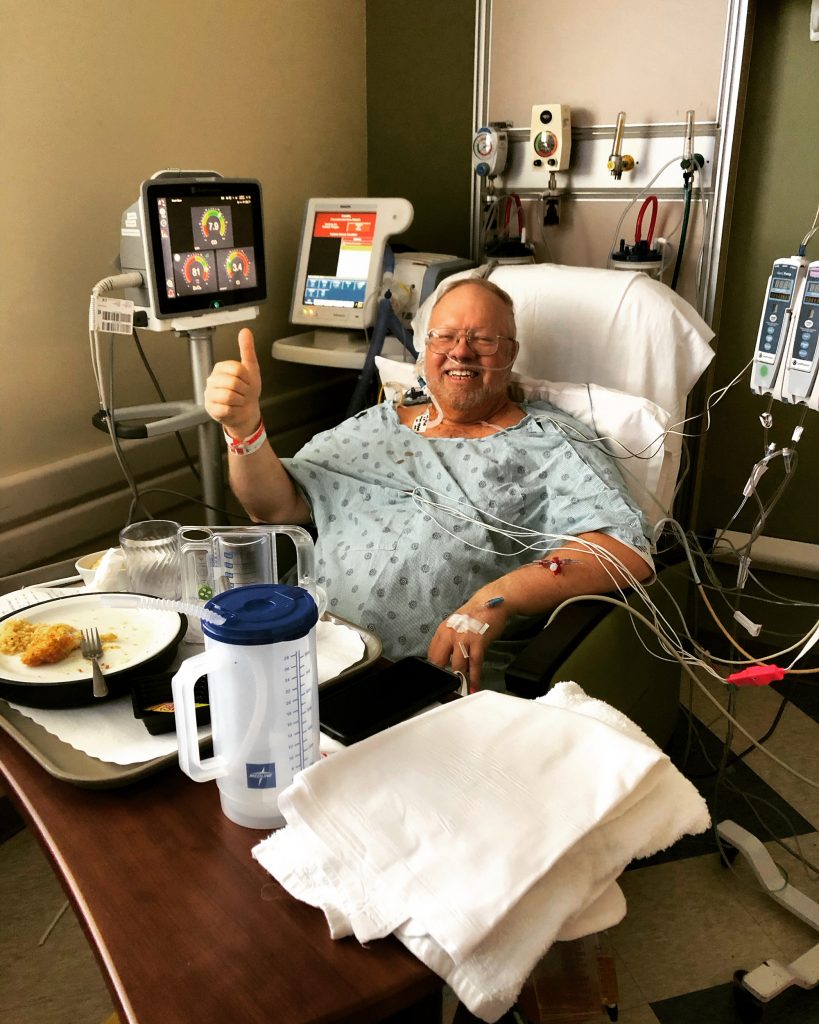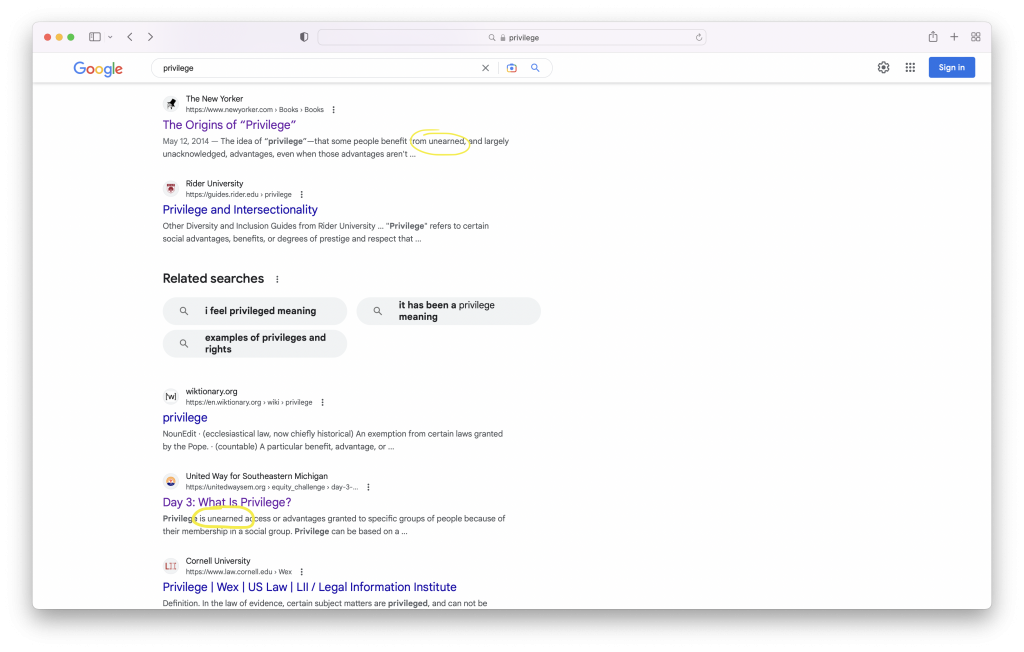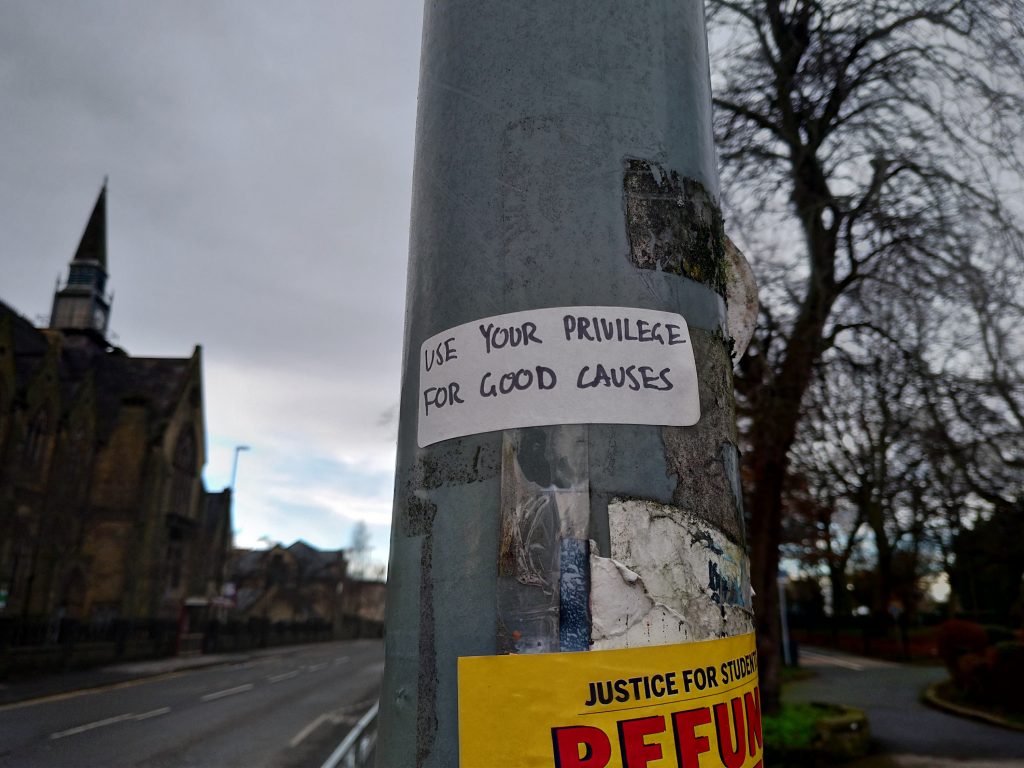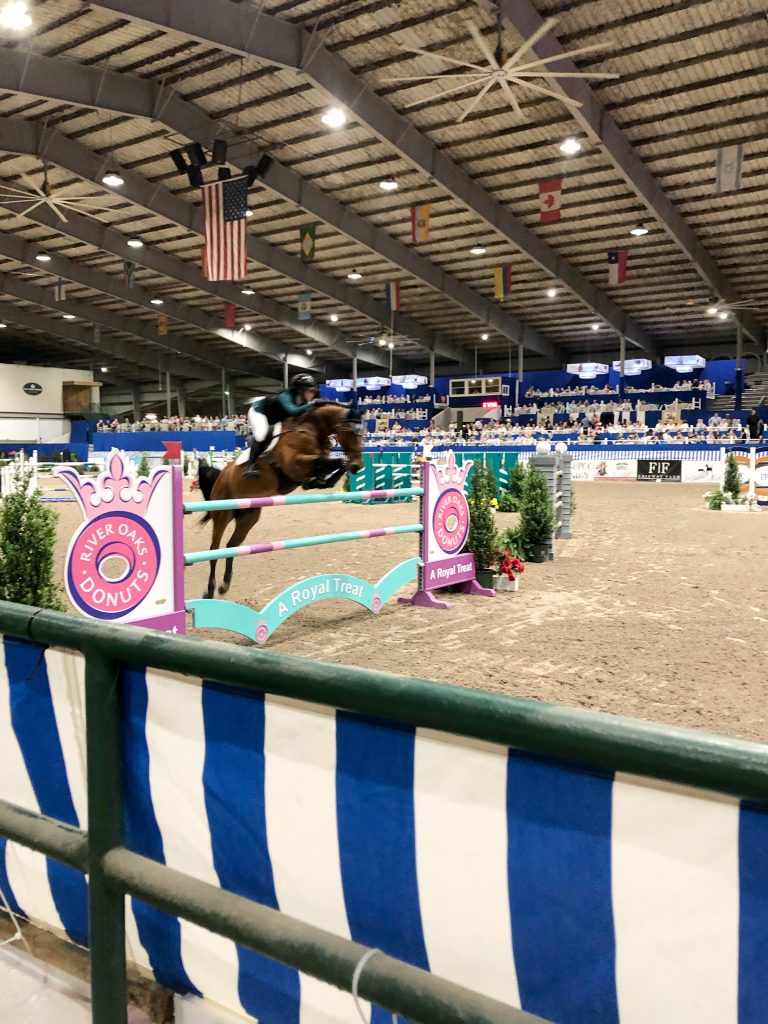
Amy Heidbreder
Blogger and Freelancer
Amy is a professional web content manager in megachurch world and a humble amateur equestrian. Follow her adventures of praying and riding. Available for freelance.
Privilege
Why can’t there be a draft in equestrian sports? Has anyone ever stepped back and truly evaluated the recruitment process in horse sports from a birds-eye perspective? With the exception of fielding National and Olympic teams, there is no recruitment process in any equestrian sport. There are no tryouts for teams owned or facilitated by business owners and sponsors. There are only individuals, most of whom are privately funded by family or by clients of their own private businesses. At the International level, the Global Champions Tour has delved into the teams concept a bit, but there is still no true existing way to nurture young talent. The primary entry point for young talent in equestrian sports is being born into wealth or being born as a trainer’s kid, period.
With each passing day, a new fire feels imminent. Someone is going to shoot someone. Some country is going to bomb another country. Some company is going to fail. Some natural disaster is going to take lives. There is a plethora of stories about destruction in the headlines—more wars, more conflicts, more protests, and more tenseness between adversaries threatening to erupt. Even in my microscopic corner of the globe, I’ve recently almost been the victim of some type of trespassing or break-in twice, just in the last 6 months. My cameras thankfully catch a lot and keep me hyper vigilant.
I can’t comprehend the infection driving a lot of the tenseness prevalent in news cycles. I have no idea why China even cares about Taiwan—computer chips? I don’t know what’s going on in Sudan. I don’t know Russia’s end game anymore. I don’t know why kids can be so destructive, and I certainly don’t know why a depressed person’s instinctual final plea for help is shooting up an elementary school and killing little kids. These days, it feels like a privilege to live a life in which you’ve never witnessed someone get shot, to live in a place not at war, to have basic needs met, or in my case, ride a horse.

First, I’d like to take this moment to give thanks and praise God for having a job, a place to live, a place to still ride, my health, my parents’ health—especially my father’s miraculous and speedy recovery from a quadruple bypass—and my pets’ health. I do believe that most times our mindset is a decision we make, and that being hyper-focused on the negative or our lack is a choice, so I want to preface this with thanks for what I do have. What I get to do for my job and hobbies makes me quite privileged, but I’ll admit there is a small part of me that does not like being described as such.
Where the term “privilege” seems to be most frequently uttered these days is in conversations about race and prefaced by the word “white.” Just a quick Google search of the term will begin to very quickly yield articles and sites dedicated to conversations about race and editorials about our world’s white-washed history. When the term privilege is used, its context generally carries negative connotations. After all “white privilege” is a bad thing that needs to be torn down and destroyed, right? The term privilege by very definition implies the adorned carries a benefit they were born into and that they did not earn. Just in a quick Google search for “privilege,” the word “unearned” can be found sprinkled throughout.
It hurts even me to face the implication that what little I’ve achieved in my life was not “earned”, especially given how hard I know I’ve worked to get to a place that still feels so far from my goals. I know that’s not what people mean when they discuss “white privilege”. Obviously there are many white people living in poverty that would not be considered affluent or privileged, but their privilege is in, for example, having a greater probability of surviving a traffic stop than their black brethren. That is where in the privilege lies.

This blog isn’t about race, but I get that sense that people called privileged don’t like being saddled with the unfavorable connotations that term brings, not because they hate minorities, but because they too struggle and feel that term minimizes their struggle and hard work, as if they’re not allowed to feel pain or hurt because they were born white, or born into wealth, or born into a loving family. It implies a sense of ease in hard work, that they truly did not earn any of what they’ve achieved. I want to reel this in and discuss this in the context of riding. I imagine riders who have made it to Grand Prix level feel that same feeling about the term privilege, that its dismissive of their hard work, but all that the term privilege is doing, is simply shedding light on a general imbalance. Privilege means a greater probability. Sure, if you’re the richest white person in the world, it doesn’t mean you’re necessarily a good rider or that you have the right work ethic. Even if born into the most privileged situation, there is a chance you may never make it.

I’ve witnessed a few reactions to being called privileged and generally most balk and deflect, delving into defending their hard work rather than acknowledging and agreeing they are privileged. I get it. Everyone wants recognition for achievement, but our reaction shouldn’t be to shelter kids from their privilege and allow them to believe that hard work alone is what earned them Grand Prix level at the age of 15. I witnessed that a couple weeks ago at the 77th Annual Pin Oak Charity Horse Show, where I saw a 15 year old and a 17 year old ride very well over a difficult, stout 1.50M course and place in a $100,000 class. Even when I was that age 20 years or so ago, I had no family member in my life that could have afforded me the privilege of sitting on a Grand Prix horse of the quality those teenagers sat on. They indeed had outrageous talent and a great work ethic, but what a privilege. Had they not been born into wealth they may not have otherwise gotten the opportunity.
We don’t need to shelter people from the truth. Yes they might get upset and defensive, but isn’t the first step in working to rectify inequality first acknowledging unbalance in the world? It does this sport a disservice in going about with our head in the sand pretending this isn’t an issue or that people who haven’t been successful in the sport just aren’t trying hard enough.
Chalking this sport up to “just being that way,” and shrugging our shoulders that it’s just expensive isn’t doing this sport any favors either. Simply accepting the problem will inevitably exacerbate it. The cost is a barrier to entry for potential talent and could be the crux by which this sport falls from grace in the international community. On the surface it is increasingly becoming an elitist sport, unrelatable and unattainable to the masses.

One might argue a sense of elitism in all sports, but most sports also have a rags-to-riches story, someone who got noticed in a draft, or a tryout, or whatever. Those stories almost never happen in the hunter/jumper world now. The Emerging Athletes Program with a crop of riders still sitting on parent bought horses is not enough to change this sport. It’s a good try, but still fails to nurture the bottom tier. You have several wealthy individuals out there funding entire teams of horses to some riders or their kids. Could one of those six or so horses in that string be ridden by an amateur? Could there be some type of draft or tryout process to get budding amateurs noticed and on a curated list and incentivize wealthy individuals to give one of those amateurs opportunity? Is there a way to reduce the cost of this sport? Can limitations be put on the number of shows riders can attend to level the points system? Or are we actually not interested in doing that because it would make the sport more competitive and accessible? Hard questions to answer, but I think it’s very important this sport and its elite riders start considering them.
I pose more questions than answers. I’m just a modest amateur equestrian scaling the mountainside and watching the goal posts keep moving and the mountain keep growing. I’m worried for this sport. I’m worried for my future in it. I’m worried it’s only a matter of time before it’s no longer in the Olympics and I’m worried about all the farms I see in my area selling and leaving the industry. I fear that without addressing privilege in this sport, we will eventually see participation in equestrian sports drastically shrink, disappear from the Olympics and inevitably be labeled as only a rich man’s sport. I would hate to see that happen.